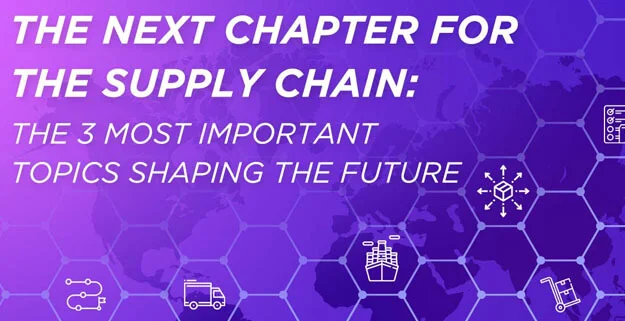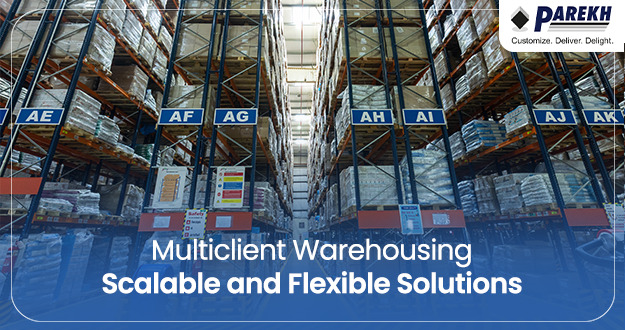
Published on: 14-11-2023
Author : PISPL Editor Team
The Next Chapter for the Supply Chain: The 3 most important topics shaping the future
The supply chain management companies in India and worldwide are rapidly evolving. After the tragic events of 2020, it's fair to think COVID-19 has had a significant impact on almost everything. Numerous sectors have been thrown into chaos due to economic disruptions, school closures, and fluctuating lockdowns, and supply networks throughout the globe are still picking up the pieces and forging new ground to recover.
Other factors influencing supply chain management in India include external pressure, technological trends, and internal evolution, forcing companies to reevaluate their systems and determine how their future supply chains will be structured in terms of capacity and technology.
However, as things are settling down, they look much better than ever, with industry experts forecasting that the 3PL company market in India will grow at an annual rate of 8.36% by the end of 2022.
Here are the top three trends that will affect the future of supply chain management in India:
Sustainability
As increasing customers place a premium on environmental responsibility, more firms have stepped up their sustainability efforts, which have filtered down throughout the supply chain. Because there are so many various ways to concentrate on sustainability, you'll need to adjust your efforts to meet your company's specific demands.
Businesses may take increasingly severe or extreme steps in the name of environmental protection in the future years. Some people may decide to use sustainable production practices or achieve zero waste. However, these efforts at sustainability may not be long-term viable for enterprises. Such drastic changes need a complete rethink of your supply chain, from the raw materials you procure to how your goods are delivered to clients.
Digitization
Experts believe that effective digitization could boost your company's bottom line by making your whole supply chain more streamlined, flexible, and dynamic.
If you haven't gone entirely digital yet, be mindful that the shift might be difficult. You must choose the appropriate technology to match your organization's goals, appropriately install it, and resolve any internal issues. However, digitization is already an integral part of most supply chains, and it'll only become more so in the future. Third-party logistics in India will struggle to thrive in the future if you're unwilling or unable to digitize your supply chain.
Integrated 3PL Services
Many organizations see a lot of promise in integrated 3PL services as e-commerce grows beyond epic proportions. Businesses are seeing this and responding by bringing in significant assets like trucking and cargo brokerage and warehousing facilities to give deep integration with clients' systems.
In addition to conventional EDI, as clients progress in their use of contemporary technology, logistics businesses are adopting logistics automation trends by employing API connectors to link e-commerce sites with fulfillment centers.
Conclusion
In the coming years, technology will play a crucial role in developing and expanding the 3PL industry in India. Businesses want to concentrate more on increasing production and efficiency via systematic management in the digital era.
The best method to help a business succeed is to improve its IT infrastructure, which requires an integrated and digitally linked supply chain. Reliance on digital-age technologies such as Artificial Intelligence (AI) will be critical for the future of supply chains.
Recent Post

Advantages of Multiclient Warehousing for Scalable and Flexible Logistics Solutions

Achieving Scalability in Logistics Through Strategic Warehouse Management

How Cold Chain Management is Revolutionizing Healthcare Logistics

Why Choose PISPL as Your Pharma Logistics Solution Provider